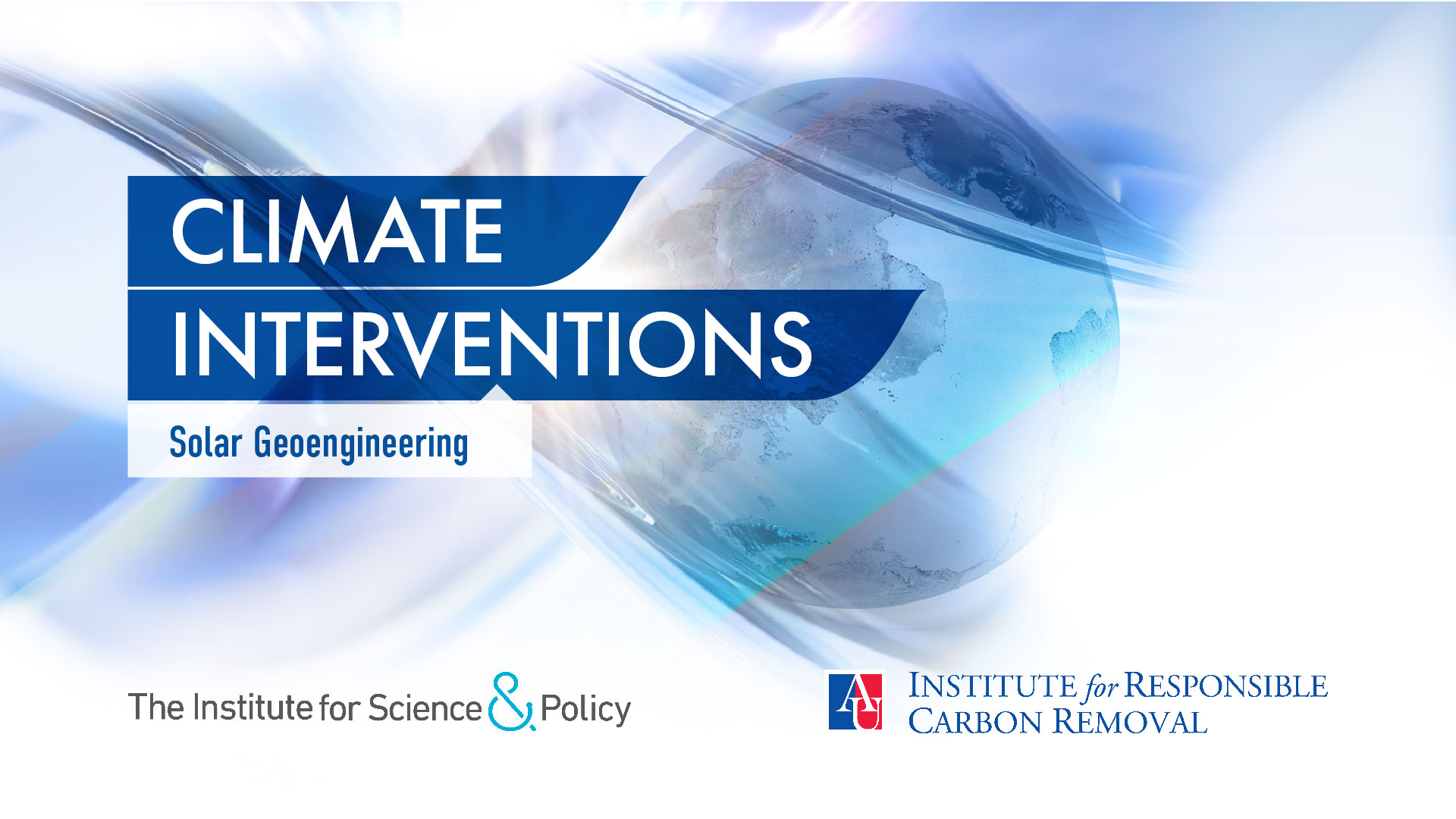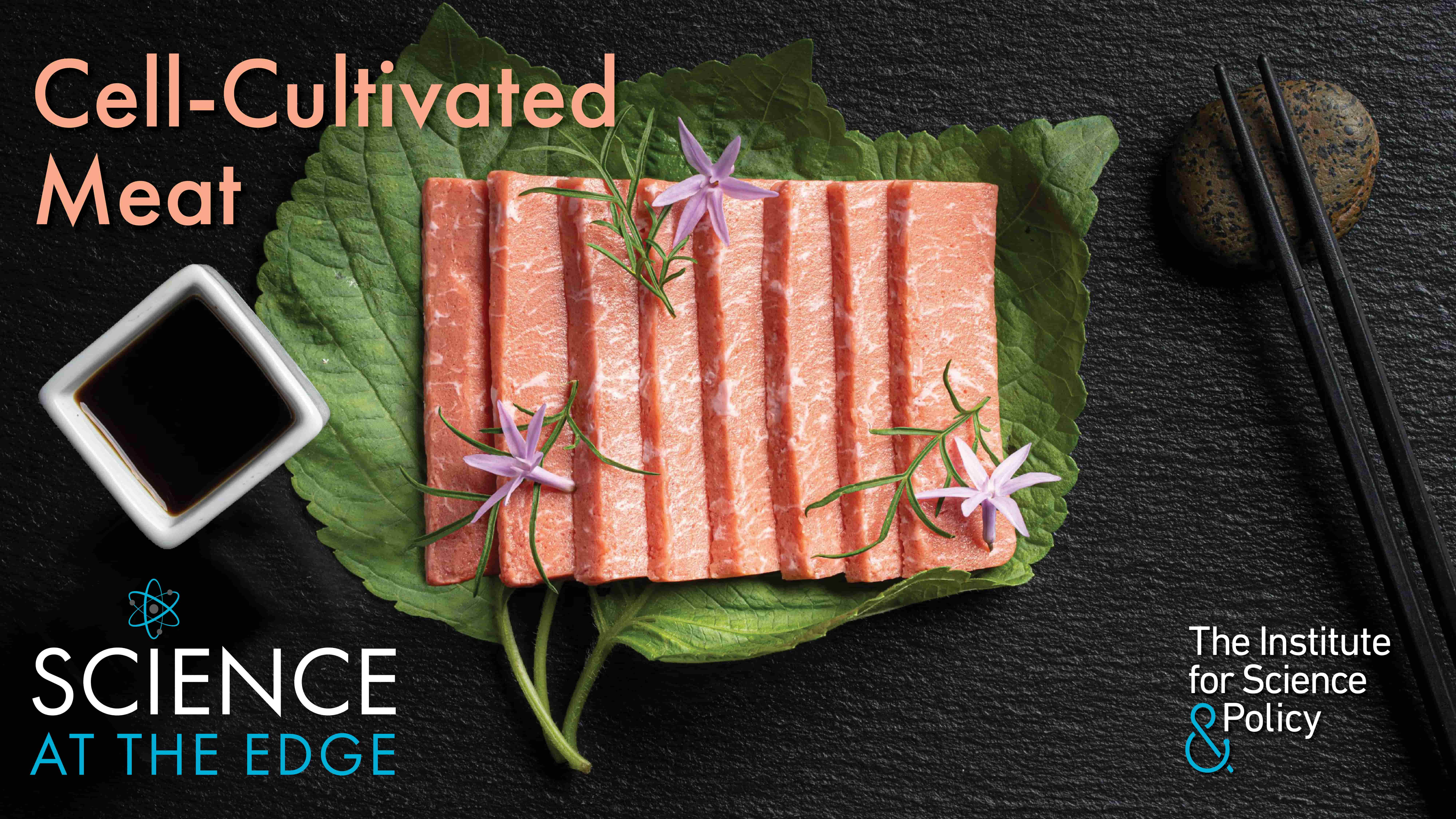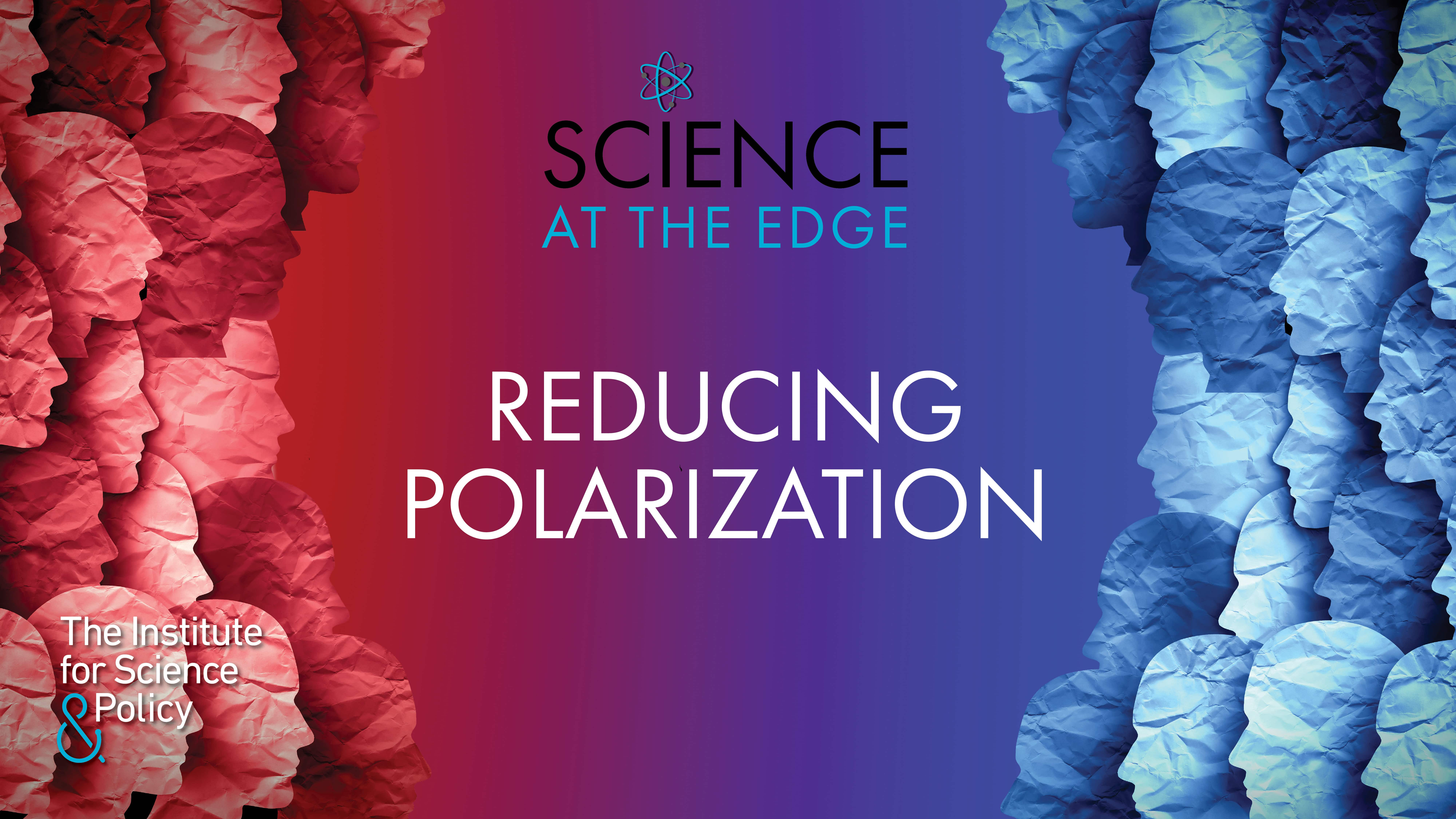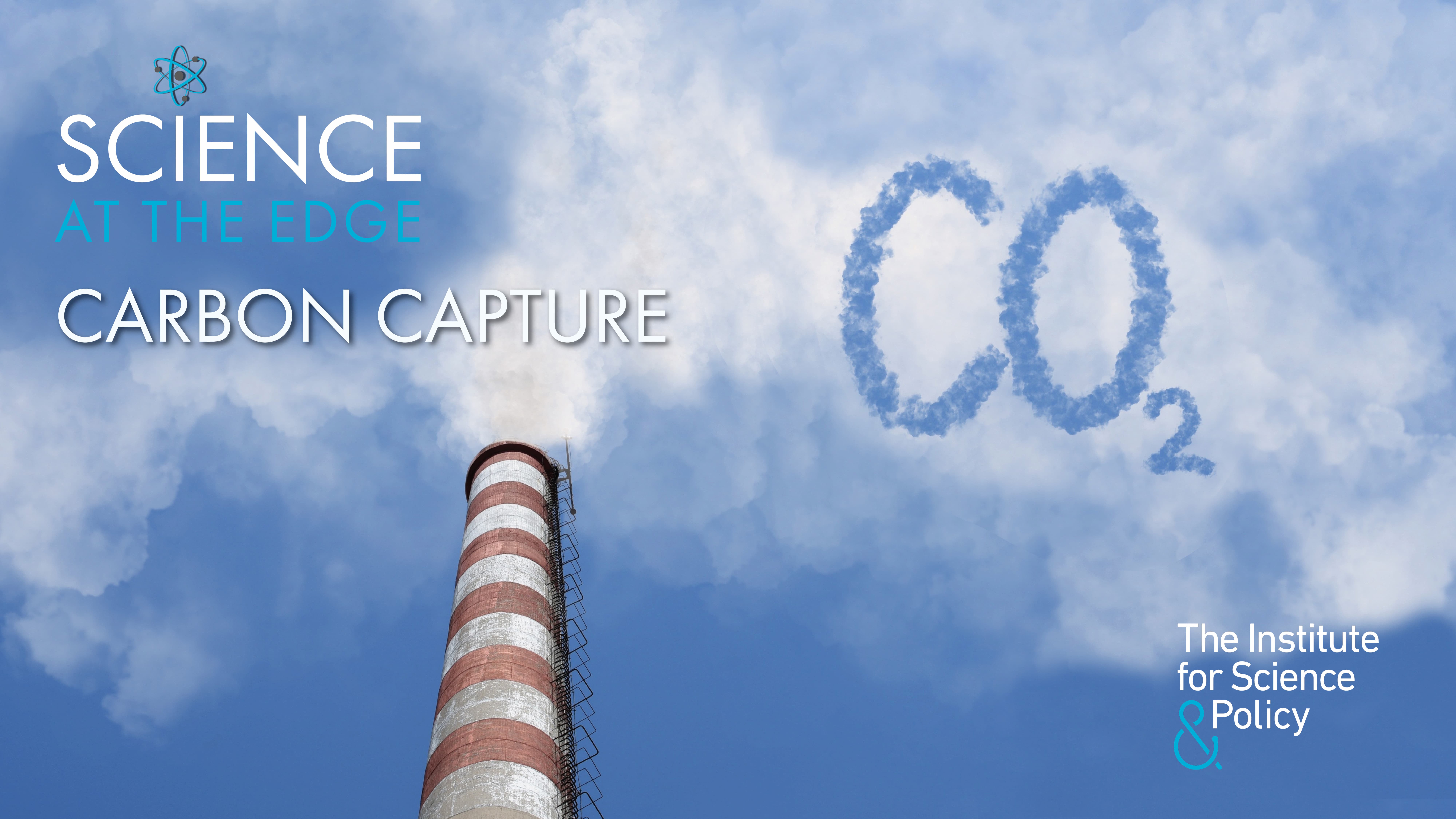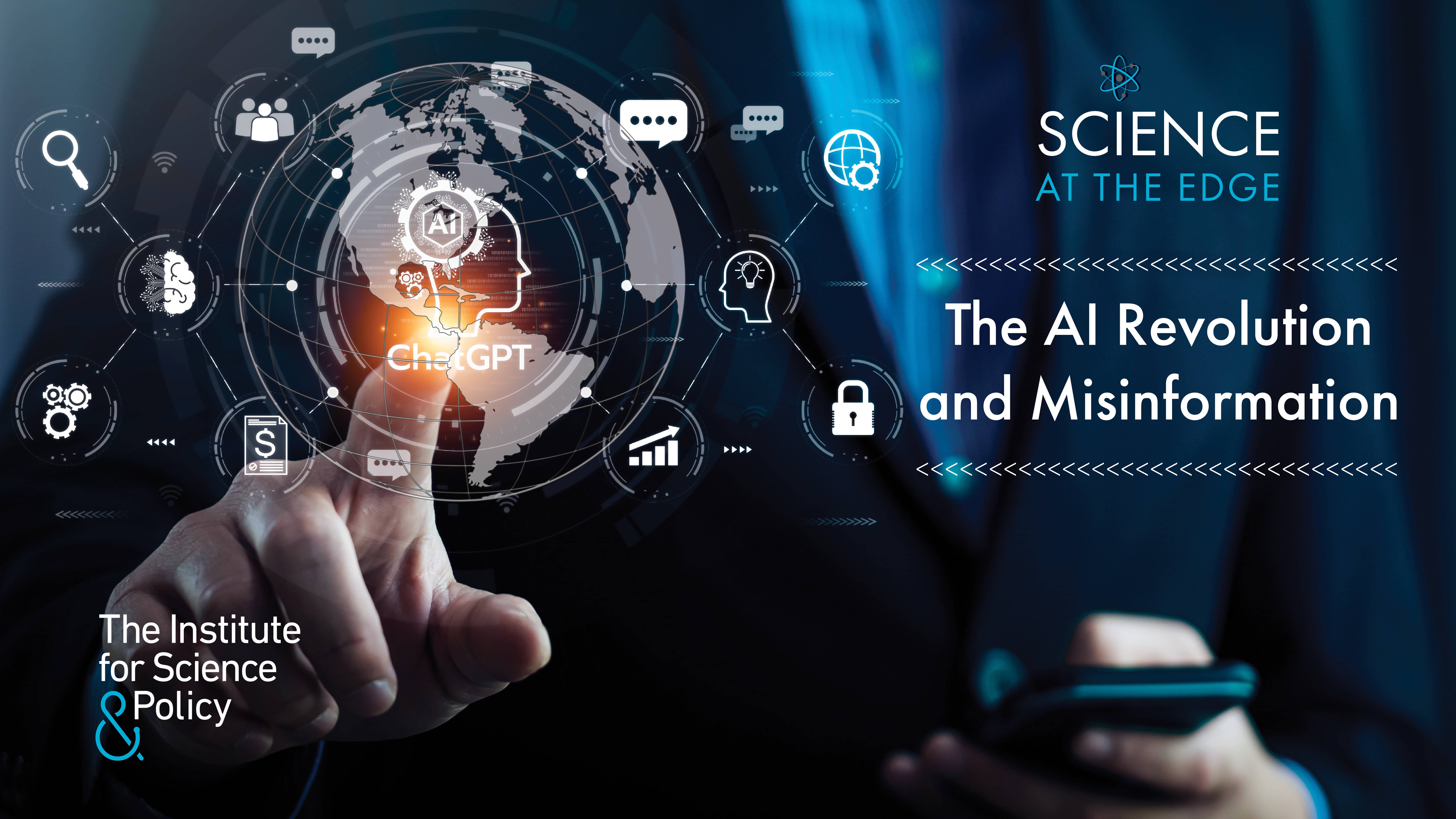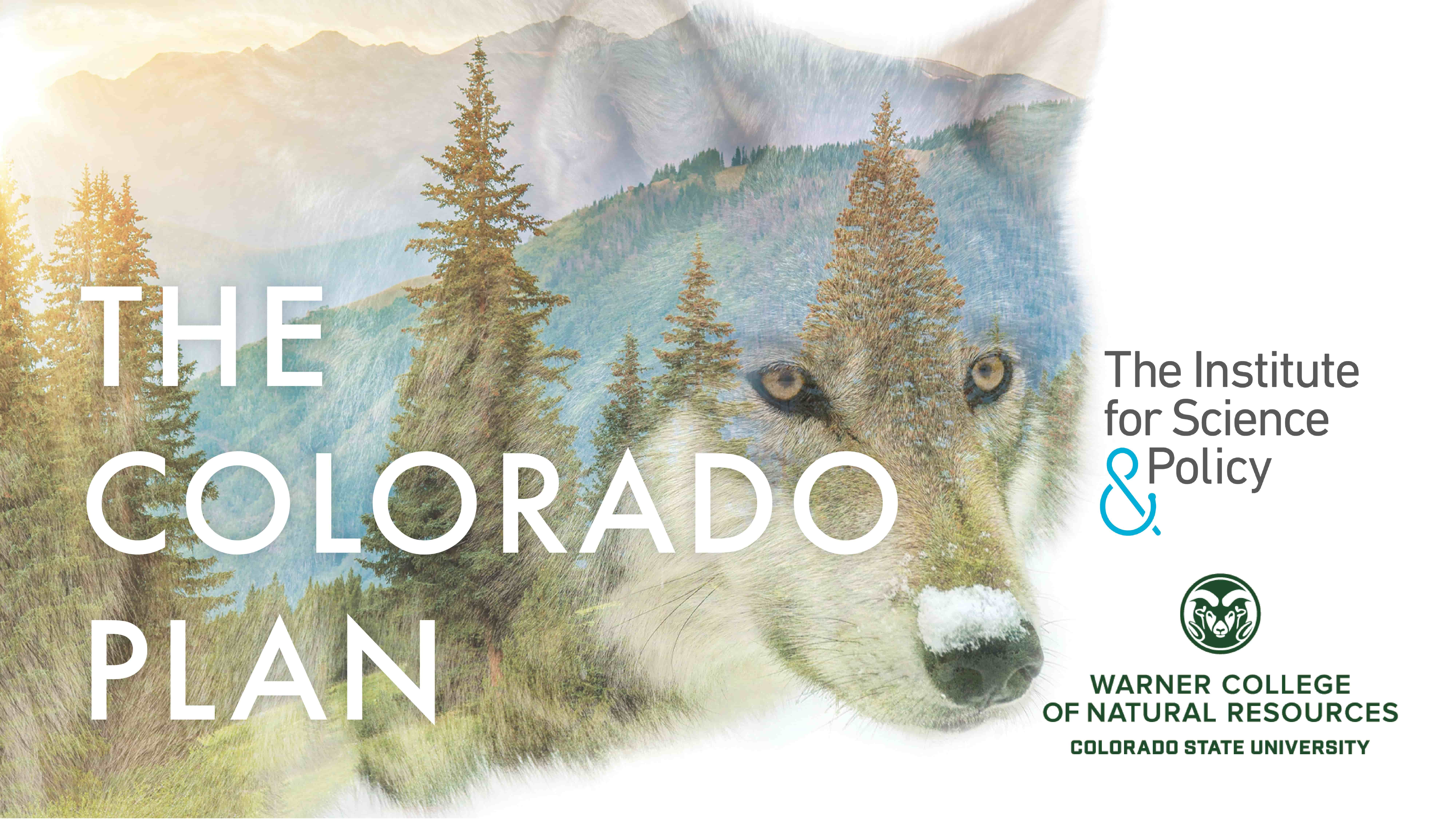Making science second nature.
A project of the Denver Museum of Nature & Science.
The Institute for Science & Policy is a catalyst for thoughtful dialogue, working toward solutions on society’s greatest challenges with scientific thinking, empathy, and inclusivity.
Our Story
Laws of Notion Podcast Season 4 Available Now!
United by Fire challenges us to rethink our landscapes, our communities and ourselves. This season we take you inside the harrowing 2020 wildfire season through the voices of those who witnessed it firsthand. Hear from firefighters and residents who found themselves in the path of the flames, as well as ecologists, land managers, community planners and entrepreneurs who are working to build a more wildfire-resilient future.
Learn more
"Undivide Us" Movie Screening on October 24
America is at a crossroads where politicians, news media, and social media fan the flames of partisanship that have led many Americans to question whether they can trust their fellow citizens. Undivide Us is a new documentary that explores the roots of toxic polarization, and how to counteract it at the local level. Join us on October 24 at 6:00 p.m. MT at the Denver Museum of Nature and Science for a film screening of Undivide Us, followed by facilitated small group discussions and refreshments. RSVP for free admission.
Learn more
Institute Honored with ASTC Leading Edge Award
We were thrilled to be awarded the Roy L. Shafer Leading Edge Award from the Association of Science and Technology Centers (ASTC) at their 2024 Annual Conference in Chicago, Illinois last month. The Institute was honored for connecting science and society and partnering to tackle local and global issues.
Learn moreGo in depth.
In the first session of our Climate Interventions series, we explore solar geoengineering approaches. Also known as solar radiation modification (SRM), it seeks to cool the planet by reflecting some of the incoming energy back to space. Our panel discusses the latest deliberations around research, governance, impacts, and more. Featuring Wil Burns, The Institute for Responsible Carbon Removal; Lisa Dilling, Environmental Defense Fund; and Shuchi Talati, The Alliance for Just Deliberation on Solar Geoengineering.
Explore the the innovation, benefits, and tradeoffs surrounding cell-cultivated meat from the scientific challenges and government regulations to the impacts on ranching communities, public perceptions, and more. Guests included Jennifer Martin, meat safety expert and Assistant Professor at CSU and the Colorado School of Public Health, and Matt Hotze, Director of Science and Technology at the Good Food Institute.
Watch our discussion on the roots of our current divisiveness and new ideas for reducing polarization, from the role of media to interventions that work. Our panelists examine how differing political views intersect with our values, perceptions, and identities. Speakers include Stephen Hawkins, Director of Research for More in Common, Laura Frank, Executive Director of the Colorado News Collaborative, and Jan G. Voelkel, a researcher at the Polarization and Social Change Lab at Stanford University.
Watch our discussion on how carbon capture technology has evolved, how it is being used, and the current deliberation of its benefits and tradeoffs. Guests included Will Toor, Executive Director of the Colorado Energy Office, and Ahmed Abdulla, professor of Mechanical and Aerospace Engineering at Carleton University and of Engineering and Public Policy at Carnegie Mellon University.
Join us as we discuss the potential media threats AI tools such as ChatGPT pose to spreading misinformation and false narratives across the digital landscape. Associate Professor of Information Science Casey Fiesler talks with Institute Director Kristan Uhlenbrock from the University of Colorado where she is a leading researcher of technology ethics, internet law and policy, and online communities. From bias issues to accountability and media ethics, learn how AI will impact our ability to trust information in an increasingly polarized world.

Stay in touch.
Sign up to receive The Ampersand, our monthly e-newsletter. We'll also let you know about upcoming events and content launches.
Yes, keep me up to date.
